What are you referring to? I searched for this and the results were just the CMG story. That wasn’t even proof that the technology existed, let alone was being used.
- 14 Posts
- 1.02K Comments
You focused on the wrong part of my comment. The issue isn’t that you have Google accounts or use YouTube, it’s that you seem to have very little understanding of how much data is being collected about you through these avenues. Instead you focus on some conspiracy theory about phone microphones which is still yet to be proven despite years of technologically illiterate people telling us that “the only way they could have known that is if they were listening to me!!!”. I don’t understand how you get to the point of posting in a niche privacy community whilst still being so completely clueless and misinformed.
Person in a privacy community using YouTube and multiple Google accounts thinks the only way they are being tracked is through phone microphones…you can’t make this shit up.

 161·17 days ago
161·17 days agoI agree that this circular echo-chamber effect is problematic, particularly in forums like reddit and Lemmy where early user voting often determines the tone of a discussion. Too many people assume a comment is correct or incorrect based on its score, or the number of similar comments, rather than whether a credible source was provided that supports whatever claim was made. It’s particularly bad in privacy and security communities because so many of the people involved have a higher level of base paranoia that makes them vulnerable to conspiracy theories and misinformation.
Potential fragility aside, I think flip smartphones (at least the cheaper ones without a proper outside screen) solved the problem for me since I was never really a one-handed user of my XZ1 Compact. I liked the smaller size because it fit into every pocket safely and the smaller screen was more annoying to use and therefore less addictive. Flips have a similar barrier in terms of having to physically open the device to use it. It’s a shame that even the cheaper models are getting the bigger outside screens now, though. It just makes these devices more addictive and more fragile.

 4·27 days ago
4·27 days agoYeah I think that’s a decent comparison. There are of course still hobbyists and enthusiasts today who know a lot about cars despite not being professionals working in a related field, but it does feel like the general understanding among the public has fallen because the cultural phenomenon of a father teaching his son about cars has dissipated. Piracy has always been a niche activity but the core skills and knowledges it requires were taught more to millennials than they were to zoomers. If people have grown up with less education about motor engines or desktop computers then it’s not surprising they struggle to expand on that later in life.

 214·27 days ago
214·27 days agoAcknowledging differences is not “war”.

 21·28 days ago
21·28 days agoNo worries, it’s not surprising you thought that because there are quite a lot of people out there like OP who spread complete misinformation about browsers they dislike/don’t use.

 3·28 days ago
3·28 days agoYou can read this reference to closed source in the most charitable way as alluding to the whole motley of things that render it less accessible.
Not when they use the conjunction “so”. If they’d used “and”, then sure - there could be any number of reasons. Using “so” as a conjunction like that in the sentence gives it an equivalent definition of “therefore”, so it’s like saying “Vivaldi is closed source, therefore it’s harder for users to investigate”, which is clearly an inaccurate statement.
In any case, OP has attempted to shift the goalposts many times in some kind of weird gotcha attempt instead of just admitting they were wrong or worded their argument poorly. If people want charitable interpretations of their misleading or inaccurate statements then they should behave in a manner that deserves them. Going full redditor ain’t it.

 73·29 days ago
73·29 days ago(Vivaldi is closed source, so it’s harder for users to investigate).
Please show me where you explained that Vivaldi’s source code is harder to investigate because “users need to download a 2 GB repo” or a “tarball dump”.
Is English your first language? Do you understand the definition of “so” in the sentence you typed?

 8·29 days ago
8·29 days agoThis was a pretty underwhelming article. Most of it is a pretty uninteresting story about how the site was founded, which isn’t really relevant to the headline.

 102·29 days ago
102·29 days agoBut that’s not what you claimed. Direct quote from the article (bold emphasis is mine):
Vivaldi users point out that the built in blocker is noticably worse than uBlock Origin, with some guessing that Vivaldi doesn’t fully support uBlock Origin filterlists (Vivaldi is closed source, so it’s harder for users to investigate).
You clearly implied that the reason Vivaldi’s source code regarding ad-blocking is harder for users to investigate is because it’s closed source. This is not true.

 16·29 days ago
16·29 days agoThis article has some misinformation in places. Like it claims Vivaldi’s ad-blocker cannot be investigated further because the project is closed source, but the only closed source part of Vivaldi is the UI (approximately 5% of the total code). The ad-blocker C++ code is published along with the other 95% of the browser’s code.

 32·29 days ago
32·29 days ago*zoomer

 1·1 month ago
1·1 month agoResolution doesn’t mean much, those sites you are referring to use extremely low bitrate encodes that look terrible. Yes, streaming services (in my experience Netflix is the main offender) can sometimes deliver dogshit quality streams too due to their adaptive bit rates, but the ceiling is way higher than those sites that pull from DDL file hosters. If you are consistently suffering from very low quality paid streams then you likely have some kind of network issue affecting the adaptive bitrate.

 2·1 month ago
2·1 month agoMost streaming services have introduced cheaper “ad-supported” tiers within the last few years while jacking up the prices of the existing tiers. There is usually a price gap designed to either make you sit through ads or overpay to remove them. Many (most?) people don’t even use ad-blockers in their web browsers and are psychologically trained to sit through ad breaks, either because of TV (older generation) or YouTube (younger generation) which is why these streaming companies can get away with such a betrayal of their original premise.
Do you have a Google account you are signed in to?

 42·1 month ago
42·1 month agoFrom what I have seen, most Threads users are safe-spacers who wanted a platform with heavy moderation. So I guess these are just the growing pains they’ll have to get used to in the pursuit of their circlejerk paradise, particularly since this is Meta we’re talking about who have never been reliable or effective when it comes to moderating content.

 2·1 month ago
2·1 month agoSteve Litchfield in shambles.
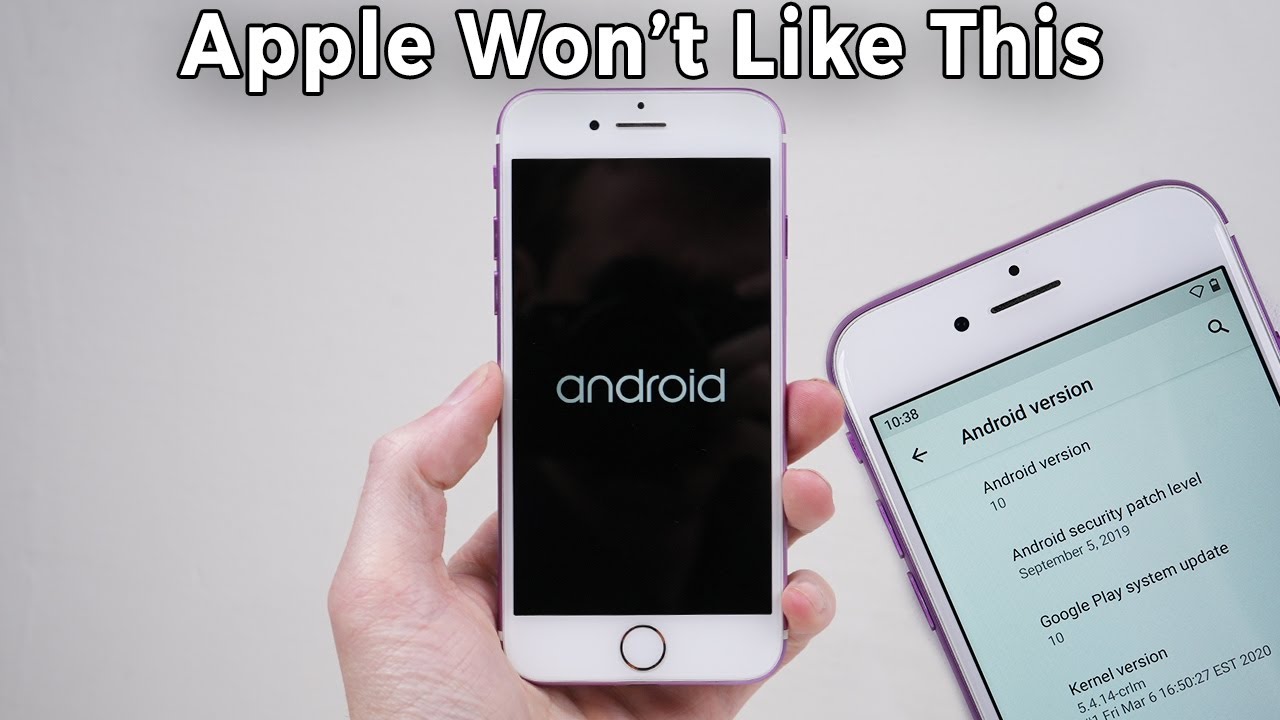
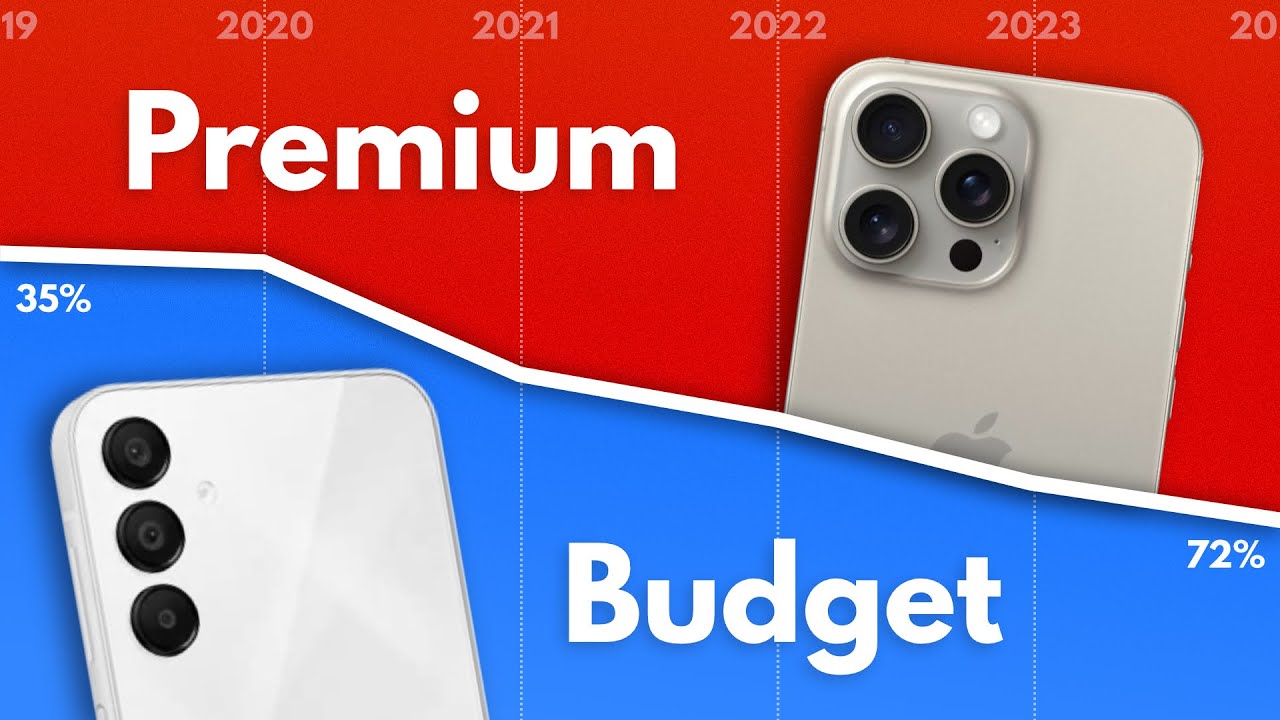





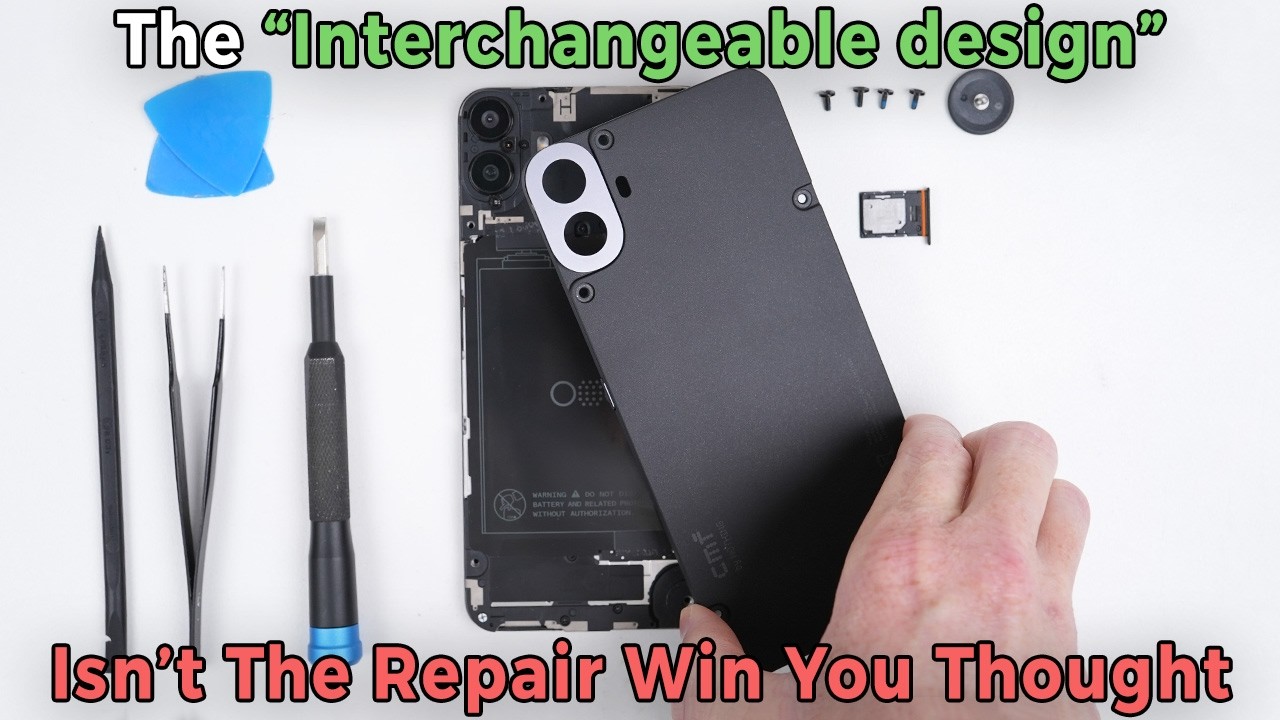
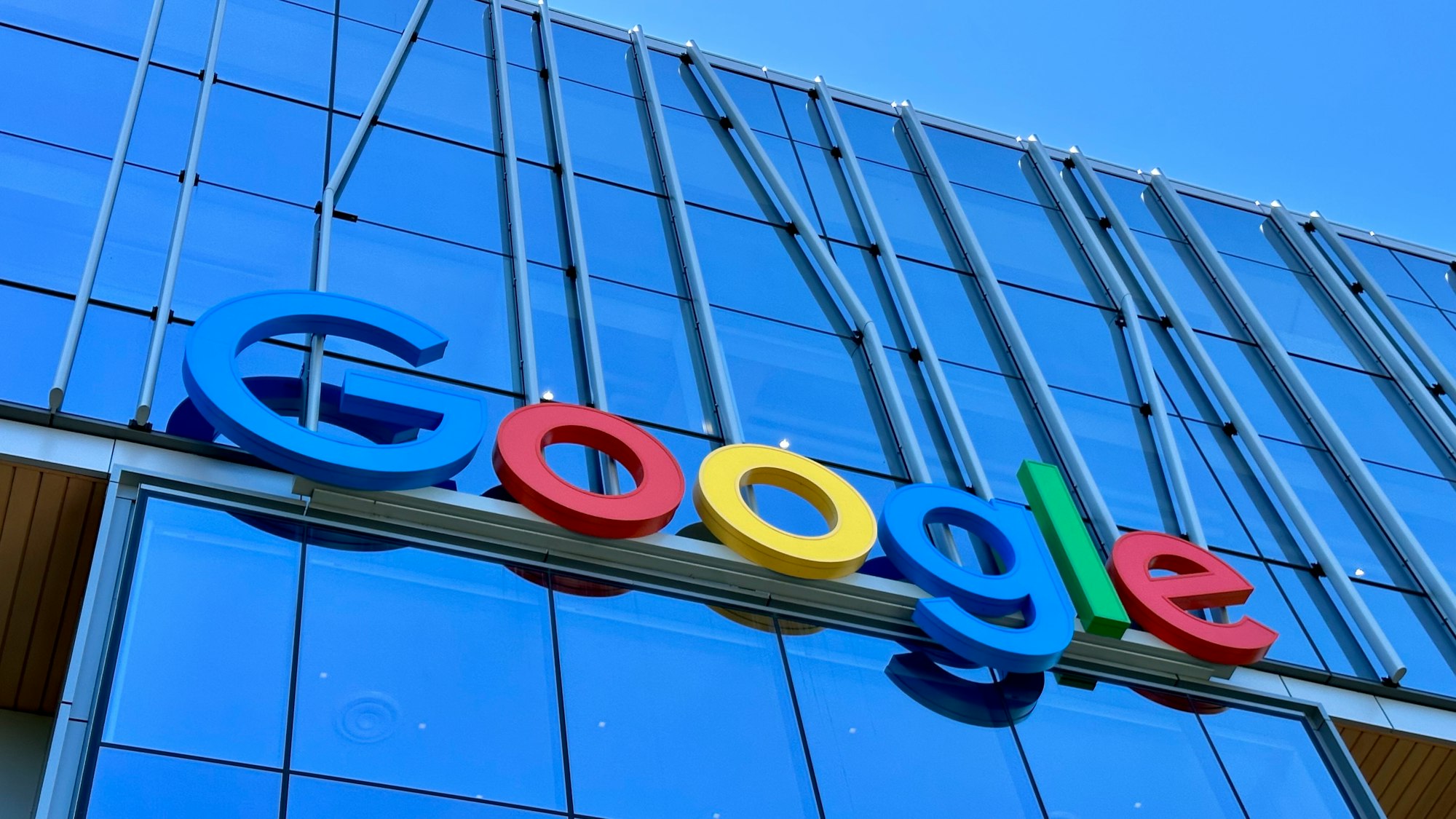
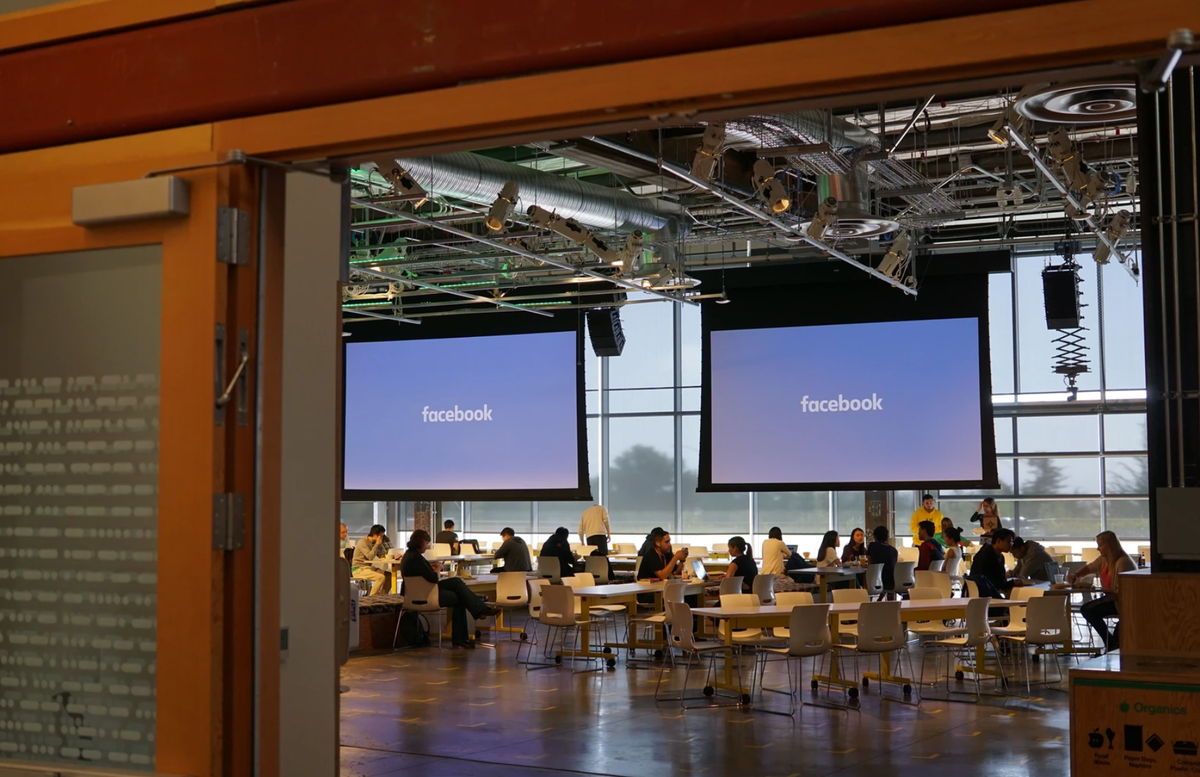


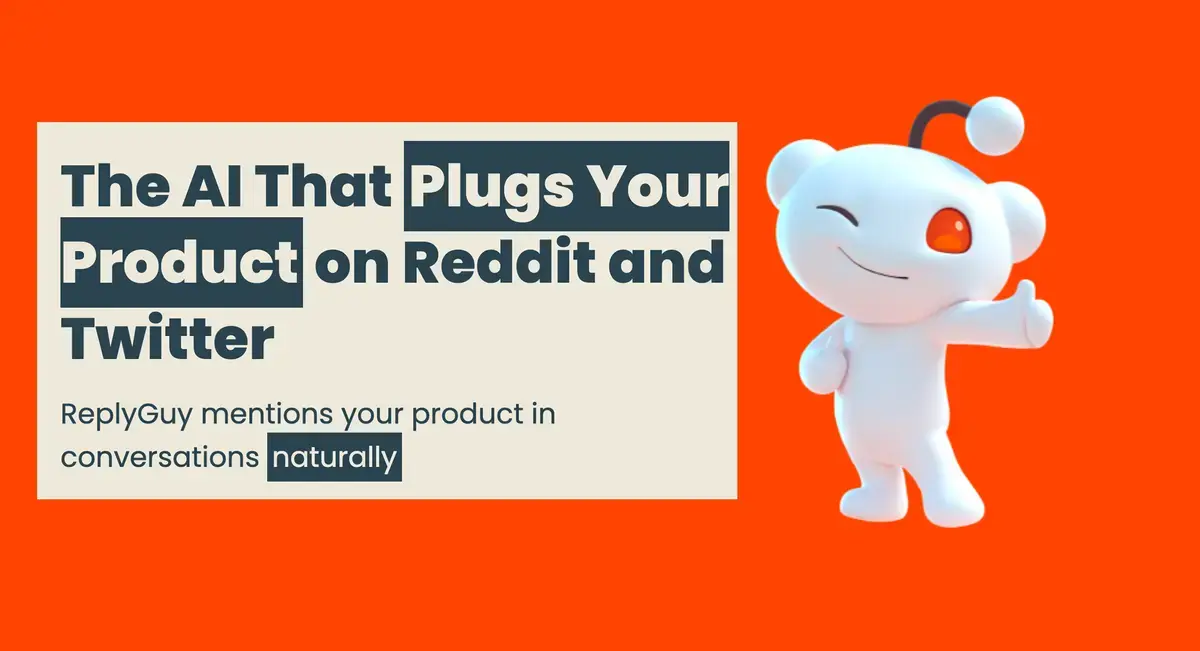


Depending on where they live, it could be more likely their first phone is an iPhone.